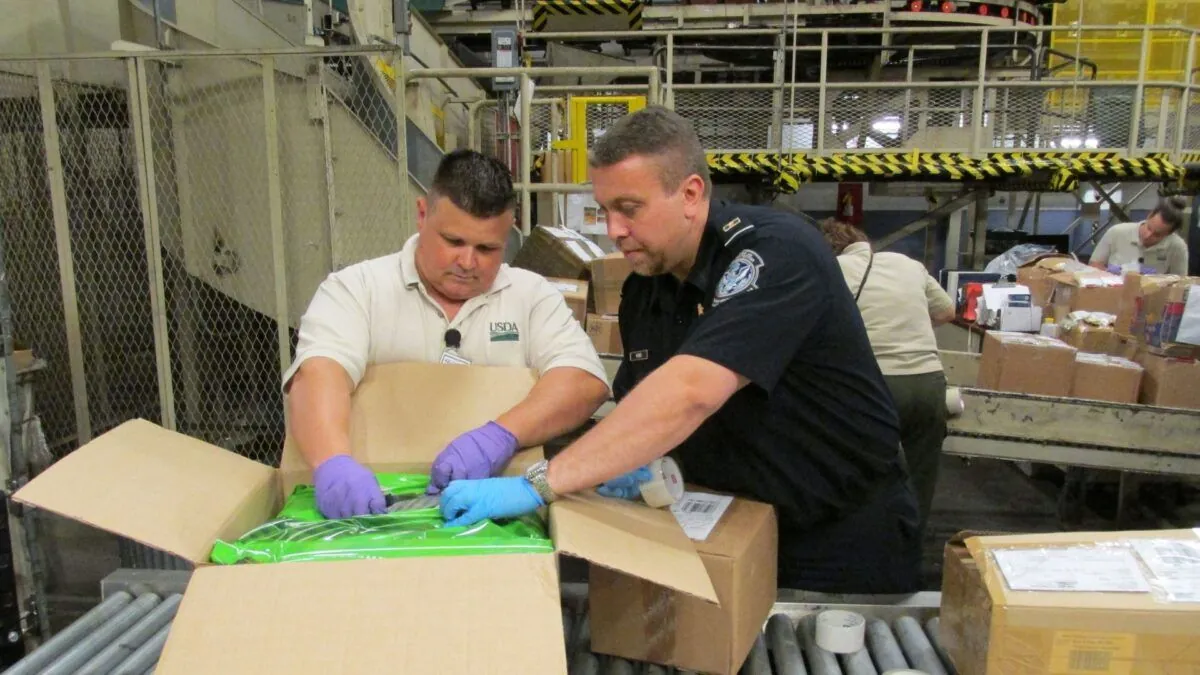Democrats Urge Biden to Close $800 Duty-Free Import Loophole
Democratic lawmakers call on President Biden to end the "de minimis" trade provision, citing concerns over fentanyl trafficking and unfair competition. The move faces opposition from trade groups worried about consumer costs.

A majority of Democratic members in the U.S. House of Representatives have called on President Joe Biden to utilize his executive authority to close a tariff "loophole" for low-value packages. This provision, known as "de minimis," allows shipments valued under $800 to enter the United States without duties or customs inspections when addressed to individuals.
The de minimis provision, part of U.S. trade law since 1930, saw its threshold increase from $200 to $800 in 2015. This change has significantly impacted the e-commerce landscape, particularly benefiting Chinese firms like Shein and Temu, while also being utilized by major U.S. retailers such as Amazon and Walmart.

Lawmakers, led by Earl Blumenauer, Rosa DeLauro, and Tom Suozzi, argue that this provision is being exploited by fentanyl traffickers and poses risks to American lives. They stated:
"The urgency of closing the de minimis loophole cannot be overstated. Americans continue to die from mislabeled fentanyl-laced pills that are ordered online, skirt inspection thanks to de minimis and are delivered to Americans' doorsteps."
The lawmakers also highlighted concerns about the evasion of trade enforcement mechanisms, including the Uyghur Forced Labor Prevention Act and Section 301 tariffs, which are designed to hold trade violators accountable.
The impact of this provision on the U.S. textile industry has been significant. The National Council of Textile Organizations reports that de minimis shipments from fast-fashion e-commerce firms have led to the closure of 18 U.S. plants in the past year alone. The growth of these shipments has been substantial, with over 4 million individual packages arriving daily under the threshold, surpassing 1 billion in 2023.
According to U.S. Census Bureau data, the total value of low-value shipments under the de minimis threshold has more than doubled since 2014, reaching $23.4 billion in 2023. This makes it the 12th largest U.S. import category globally, surpassing medium-duty pickup trucks from Mexico. Shipments from China have also seen significant growth, more than doubling to $4.6 billion over the same period and becoming the eighth largest category after computer monitors.
However, the proposed changes face opposition from trade groups. The National Foreign Trade Council, representing various U.S. companies, warns that altering the de minimis provision could lead to increased consumer costs and require additional funding for Customs and Border Protection, without necessarily improving enforcement or security at ports.
As the debate continues, the issue of low-value shipments and their impact on trade, security, and the economy remains a complex challenge for policymakers to address, especially with inflation being a key concern in the upcoming November 2024 U.S. presidential election.


































